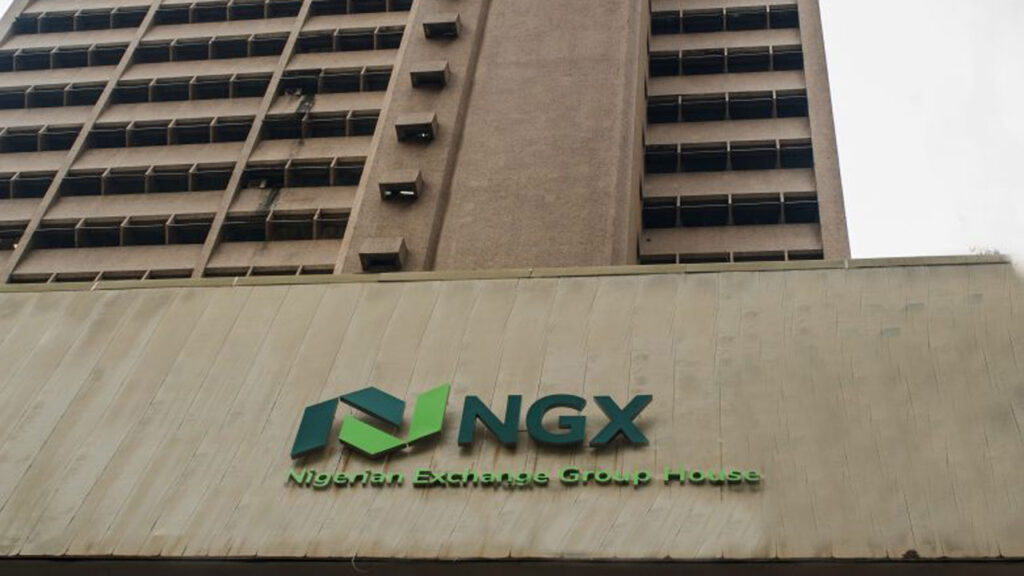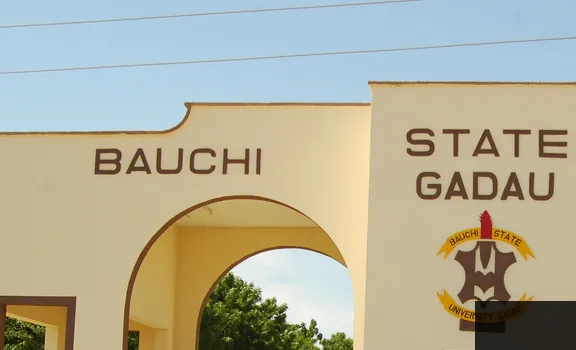
Although the black market is saturated with the needed hard currency, it is more expensive to procure foreign currency at the unofficial market, while it is believed that the banks have been selling out more Dollars to the operators of the black market for more gains. At the Interbank market the exchange rate is N192 to a Dollar, while it is about N115 to a Dollar at the black market.
The former special adviser to president Goodluck Jonathan on electric power, Joseph Makoju, an engineer, told Guardian in Lagos, that apart from the skyrocketing rate of foreign exchange, the Dollar was not available at the inter bank market, the only official market now available for the procurement of the essential currency for the real sector of the Nigerian economy.
According to him, manufacturers are still trying to contend with the high rate of foreign exchange, scarcity has surfaced to compound their problems, adding that the combination of the two is already threatening the existence of the real sector.
“For us in the manufacturing sector, it is life threatening because it has impact on our operations, it has impact on our inputs and outputs. This proportion of inputs vary from company to company. Usually, what you try to do when you have increased in the cost of production is to try to absorb as much, either by improving efficiency so as not to pass it to the consumers.
But when it gets to this scale, there is no way you can continue to absorb it. It can have a spiral effect on the, if the manufactures now have to pass on this high exchange rate to the cost of finished products. Many things will happen if that is allowed to happen”.
He said locally manufactured goods will become more expensive and uncompetitive because imported goods would become cheaper. “ So what you will suddenly find is that you may be producing and you can not sell, and if that is allowed to continue unchecked, it will lead to closure and I have no doubt that many of our members are already on this path. What that means is unemployment, which will further be aggravated.
“ Another dimension to the escalating exchange rate is the fact that you cannot even get it if you want to buy. To me that is even a more serious development. The government said they don’t have enough foreign exchange, and so to priotise the use of it they make people to be more economical with the use, they increased the rate. Once they give us that rate, they should also have the capacity to supply.
But unfortunately, what we are fighting is not even the new rate; you go to what they call interbank, and government can not still produce it for you. So it is a major crisis from many angles” He attributed the scarcity of foreign exchange to the free fall of the prices of petroleum products globally, saying, “anything that is short in supply has to do with the source of production.
In the case of foreign exchange, we know the major source, it is oil and gas and we also know what has happened to oil prices. They cannot give what they don’t have. The oil prices have crashed and on top of it we still lose big proportion of our production.
We hope that the issue of foreign exchange supply will be of high priority for the next government”.
The Director of operations at Celplas industries Limited, manufacturer of ball pen, packaging Nylon and other plastic products, Abhifit Sanyal, who spoke on the matter, he said his company’s monthly foreign currency requirement was $1.5 million, adding he was only able to get $500,000 since the Central Bank narrowed he official currency windows “Until last month we were getting everything we applied for, but now we get only $500,000 from the bank and it is not easy to get it. Sometimes you wait for two weeks. What is happening now is affecting us negatively, there is no Dollars to buy,” he lamented.
The sales Manager of Megasea Paints, Segun Adebanjo complained that the inability to source for dollars has made the purchase of materials expensive. According to him, “The environment right now is volatile and makes the naira vulnerable.” He said his organisation is now cautious with the use of foreign currency because of the high exchange rate and its attendant scarcity.
The Central Bank had shut down the Retail Dutch Auction System (RDAS) and Wholesale Dutch Auction System (WDAS), stopping the sales to manufacturers and oil marketing companies at subsidized official rate and directed all authorized dealers and members of the public to channel their foreign exchange demand to the inter bank market.
The Central Bank of Nigeria insisted that banks have sufficient foreign exchange to meet their Domiciliary Account holders’ demand and other legitimate end users of forex.
Reacting to complaints by some Domiciliary Account Holders and a cross section of the manufacturing community in the country that their request to either withdraw from their accounts or request for forex for importation have met brick walls at Money deposit banks across the country, the apex bank advised customers and entrepreneurs who were being denied forex to report to it for possible sanction of the banks.
The apex bank’s position was on the heels of revelation the Coordinating Minister for the Economy and Minister of Finance, Dr.(Mrs.) Ngozi Okonjo Iweala that the Federal Government was seeking a $2 billion credit from the World Bank and the African Development Bank ( AFDB) to saturate the system with dollars so as to satisfy manufacturers and to address the seeming scarcity.
The apex bank has also declared that it won’t be possible for it to create a special foreign exchange window for members of the Manufacturers Association of Nigeria (MAN) outside the official window as requested by the association, saying that would be discriminating and could be subject to abuse.
The CBN Director of Corporate Communications, Mr. Muazu Ibrahim told The Guardian that it was not possible after the apex bank had closed the retail and wholesale Dutch Auction windows to come again and create another window for a segment of the economy, which may still be abused.
“ We have enough forex at the interbank market for either Domiciliary Account Holders or anybody wishing to buy for forex legally. We advice any customer denied forex to report to us immediately”.











